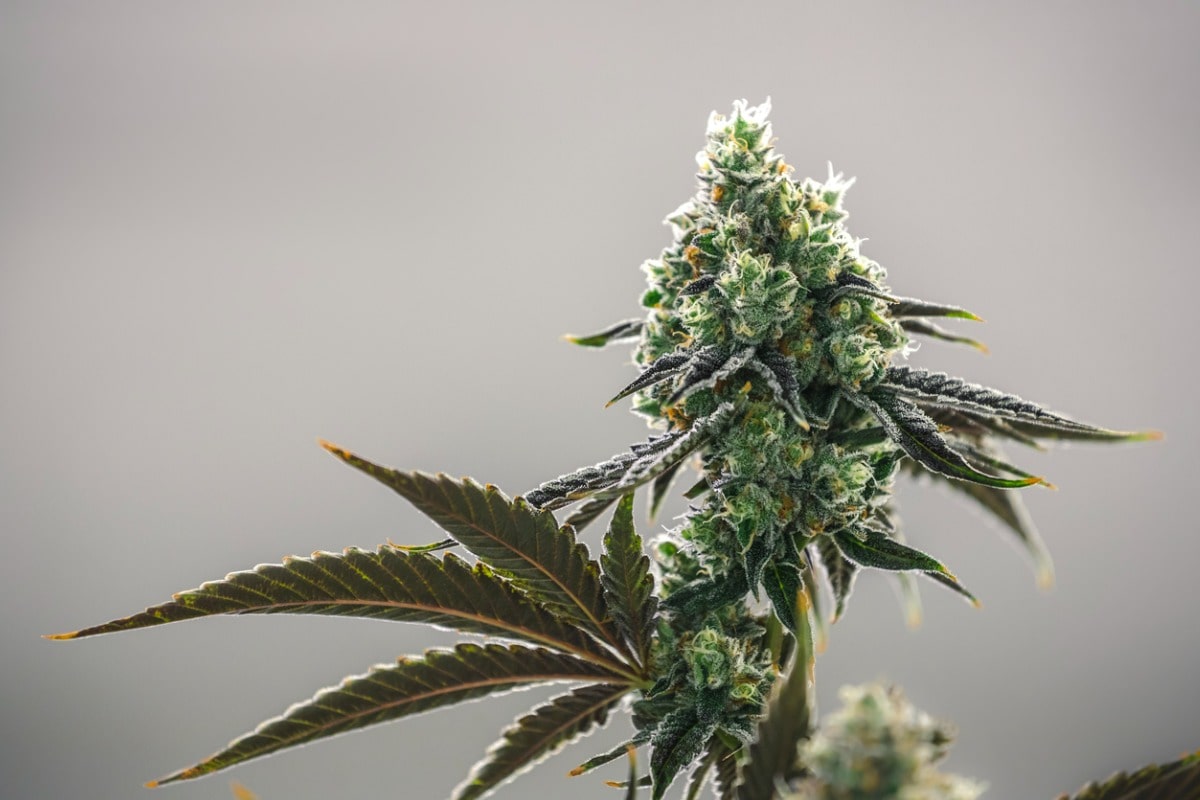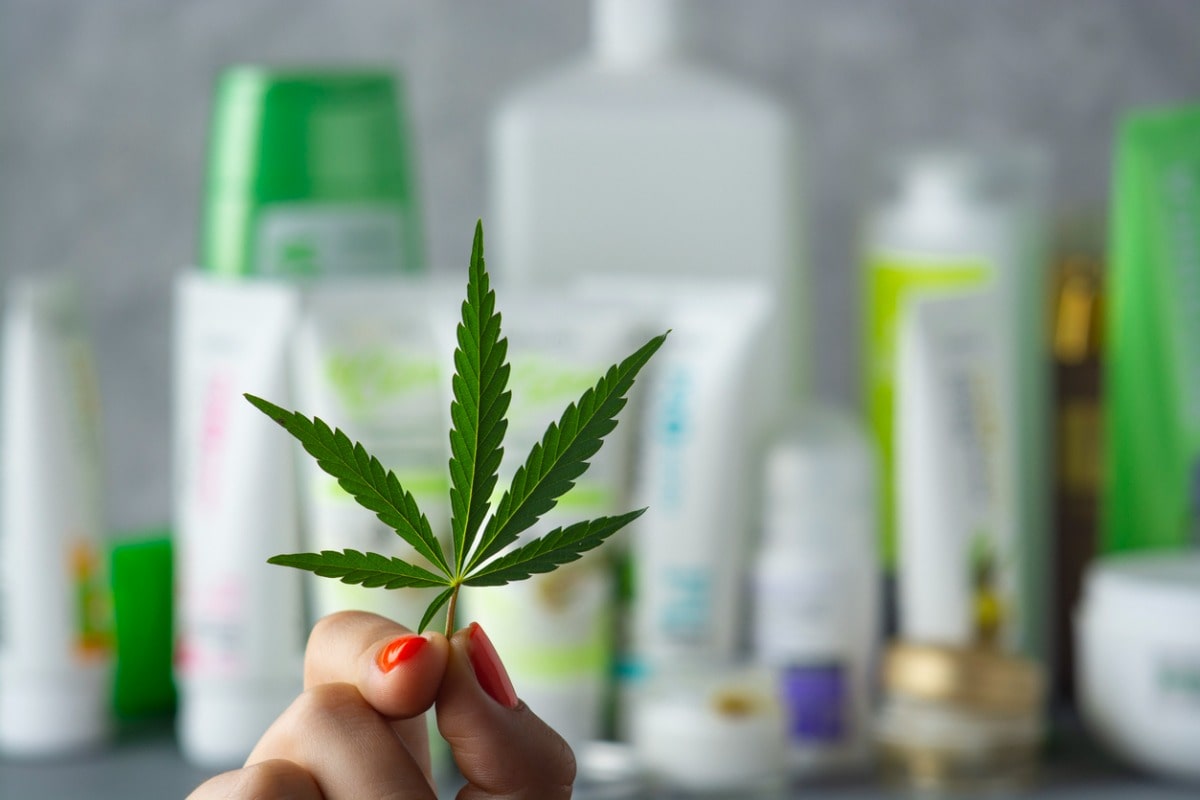The use of CBD (cannabidiol) is now widely accepted around the world. Although medical cannabis is no longer a taboo subject, its democratisation did not happen overnight.
How did CBD become widely available around the world?

CBD (cannabidiol) consumption is now widely accepted around the world. Although medical cannabis is no longer a taboo subject, its democratisation did not happen overnight. On the contrary, its spread around the world went through long stages and experienced great difficulties before becoming so popular.
Yet, the use of cannabis for therapeutic purposes dates back to at least 2000 BC. So why has CBD taken so long to gain acceptance? In this article, we trace the history of CBD, from its earliest uses to its growing prominence in 2021.
The origin and early uses of CBD
For several thousand years, the cannabis plant has been used as a therapeutic resource in various civilisations around the world. However, despite the rise of modern medicine, hemp was not immediately recognised by the scientific community.
Historically, it was not until 1839 that physician and researcher William B O'Shaughnessy published the first study on the therapeutic effects of cannabis. It was only a century later, in 1942, that the American chemist Roger Adams isolated the first cannabinoid; cannabidiol. It was his research that led to the discovery of another cannabinoid: THC, or tetrahydrocannabinol.
Following the tightening of anti-drug laws in the United States, scientists found it very difficult to obtain hemp to conduct their experiments until the 1980s-1990s. When CBD began to gain popularity for its analgesic qualities independent of the negative effects associated with THC use, many experiments were revived.

The expansion of CBD around the world
In 1998, a British pharmaceutical group, GW Pharmaceuticals, began formal medical trials to better understand the effects of CBD. This early research led to international studies conducted by many medical companies around the world.
When GW Pharmaceuticals began to investigate the effects of CBD, it became clear that CBD was not a drug that could be used to treat the disease.
As GW Pharmaceuticals progressed, an Israeli researcher, Raphael Mechoulam, began to discover the chemistry behind several cannabinoids, specifically how to isolate individual cannabinoids such as THC and CBD from the plant as a whole. This study provided the impetus for further research. Mechoulam has received numerous international awards for his research, which has helped bring the medical benefits of CBD to the forefront both abroad and in the United States.
All this interest around CBD has led several governments to rethink their position. In December 2018, the US passed the new Farm Bill, legalising CBD derived from industrial hemp at the federal level. The Food and Drug Administration (FDA) is still working on its position on the substance, but early signs are promising.
In Europe, the European Union, which considered CBD to be an unauthorised substance, has reversed its position. The European Commission changed its assessment of CBD oil and decided to classify it as a "non-supernatural" substance.
From the 2000s onwards, CBD consumption began to boom impressively in Canada, following the authorisation of cannabis for medical use. CBD consumption increased in Canada from 2018 when even cannabis was legalised for recreational use.
The current popularity of CBD
CBD products are increasingly consumed around the world. There are no reliable statistics to determine the exact number of individuals consuming CBD in any country. However, consumers of the stuff in Europe number in the tens of millions.
Since the legalisation of CBD in the United States in 2018, the consumption of its various products has continued to rise. Indeed, the number of consumers is in the millions. Note that some states have even allowed the use of marijuana containing THC for medical purposes for many years. Moreover, it is one of the countries where it is least taboo to consume or talk about cannabis and this, despite a relentless war on drugs waged during the 1970s.
It can be said that the real expansion of CBD began in 2018, all over the world. From that year onwards, many countries decided to legalise or regulate its consumption, which led to the explosion of the CBD market. This industry has been booming for the last 3 years. The benefits of CBD continue to be acclaimed and the majority of the world's population seems to be in favour of this democratisation. The Asian market is also experiencing great expansion despite the fact that in most countries CBD is still not legalized.

CBD has become so coveted that it can be found in multiple forms to satisfy all consumers. Today, it is possible to find CBD in the form of flowers, resins, crystals, oils, e-liquids, food products or cosmetics.
The potential of CBD for the future
The global CBD market, valued at $9.3 billion in 2020, is expected to reach $23.6 billion in revenue by 2025. With an expected compound annual growth rate of 22.2% from 2019 to 2025, the future looks incredibly bright for companies capitalizing on CBD's explosive popularity.
With 40% of the global CBD market share, North America continues to dominate, but that may not be the case in the near future. Europe is closing the gap, with a 31% market share that is expected to overtake North America in terms of geographical demand.
With a projected value of €1.5 billion by 2023, the CBD market in Europe is brimming with potential. In November 2020, a monumental ruling by the European Court of Justice ruled that CBD was not a narcotic, allowing it to be sold freely in the EU. This decision has laid out a clearer regulatory path for the legal use of CBD, in favour of companies producing high-quality CBD products.
From now on and for years to come, it is safe to say that various CBD products will be increasingly available on the internet and in physical shops. If people are willing to educate themselves and governments continue to become more flexible, CBD will soon be a part of everyday life for millions of people who could enjoy its benefits freely.
